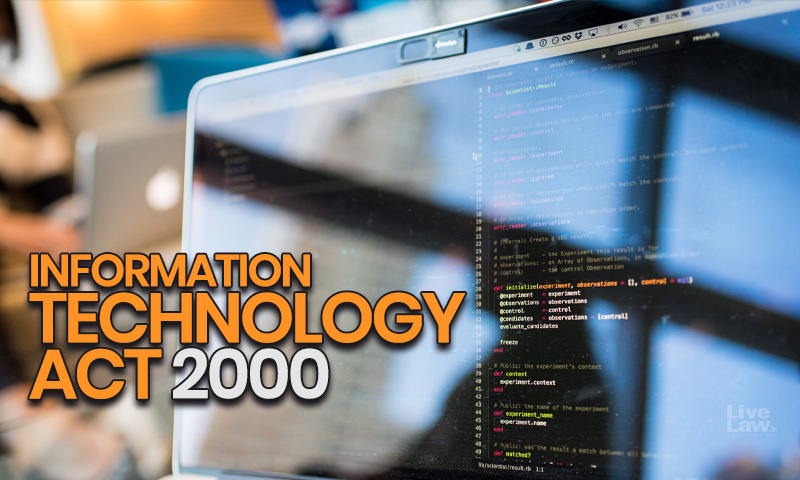, the 9-judge constitutional bench explicitly crystallized the concept of a fundamental right to privacy under Art. 21 of the Indian Constitution. Similar to other fundamental rights under Part-III, the Court held that the said right is not absolute. Nevertheless, it was articulated that every State action interfering with the privacy of an individual, to be construed as being constitutionally valid, must satisfy the notable three-fold test. The third prong of this test obligates that State actions intruding into the privacy must satisfy the test of proportionality.
This leads us to the obvious question, that is,
what does the test of proportionality necessitate?
Related Keywords
India , Jeremy Bentham Panopticon , Indian Constitutionas , Kharak Singh , Subha Rao , People Union For Civil Liberties , Supreme Court , Information Technology Procedure , International Principles , Union Of India , Civil Liberties , Indian Telegraph Act , Human Rights , Indian Constitution , Information Technology , இந்தியா , ஜெர்மி பெந்தம் பனோப்டிகான் , காரக் சிங் , சுபா ராவ் , மக்கள் தொழிற்சங்கம் க்கு சிவில் சுதந்திரங்கள் , உச்ச நீதிமன்றம் , தகவல் தொழில்நுட்பம் ப்ரொஸீஜர் , சர்வதேச ப்ரிந்ஸிபல்ஸ் , தொழிற்சங்கம் ஆஃப் இந்தியா , சிவில் சுதந்திரங்கள் , இந்தியன் தந்தி நாடகம் , மனிதன் உரிமைகள் , இந்தியன் அரசியலமைப்பு , தகவல் தொழில்நுட்பம் ,
comparemela.com © 2020. All Rights Reserved.
